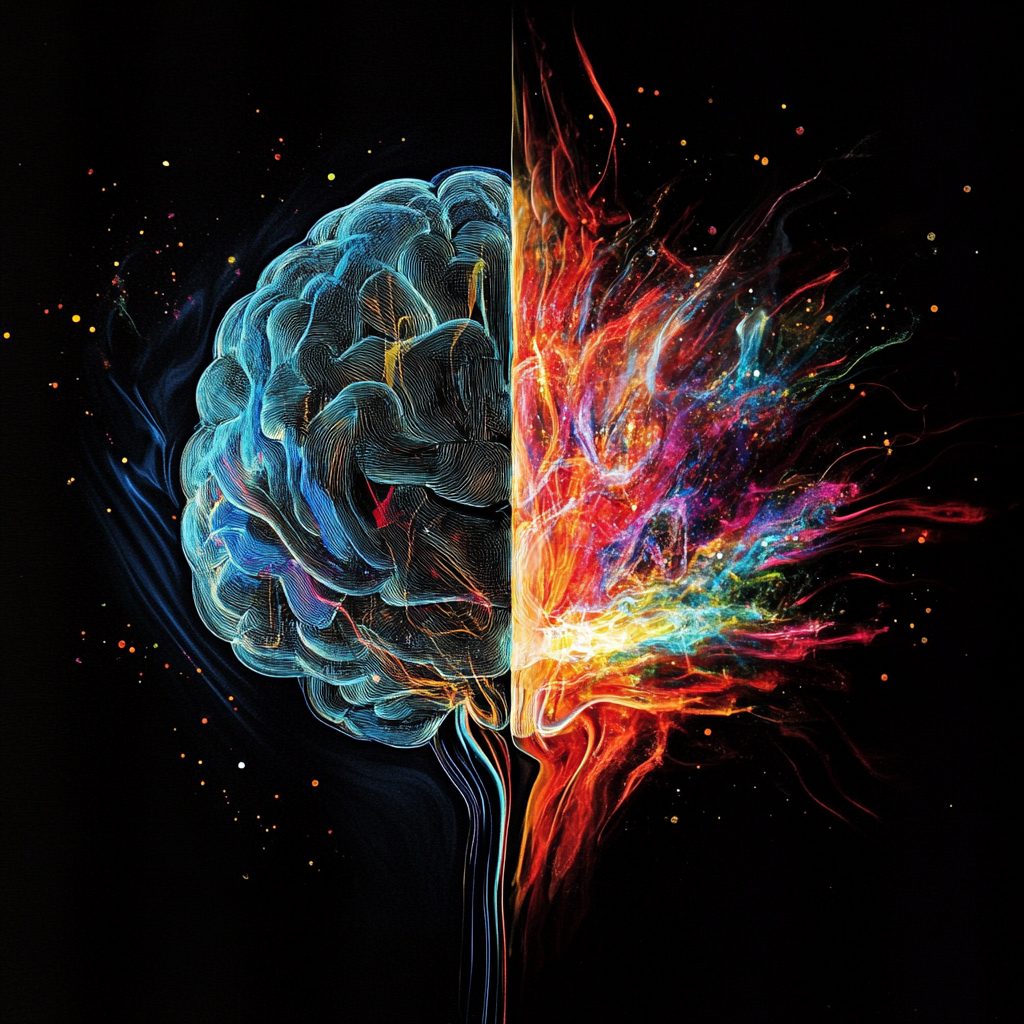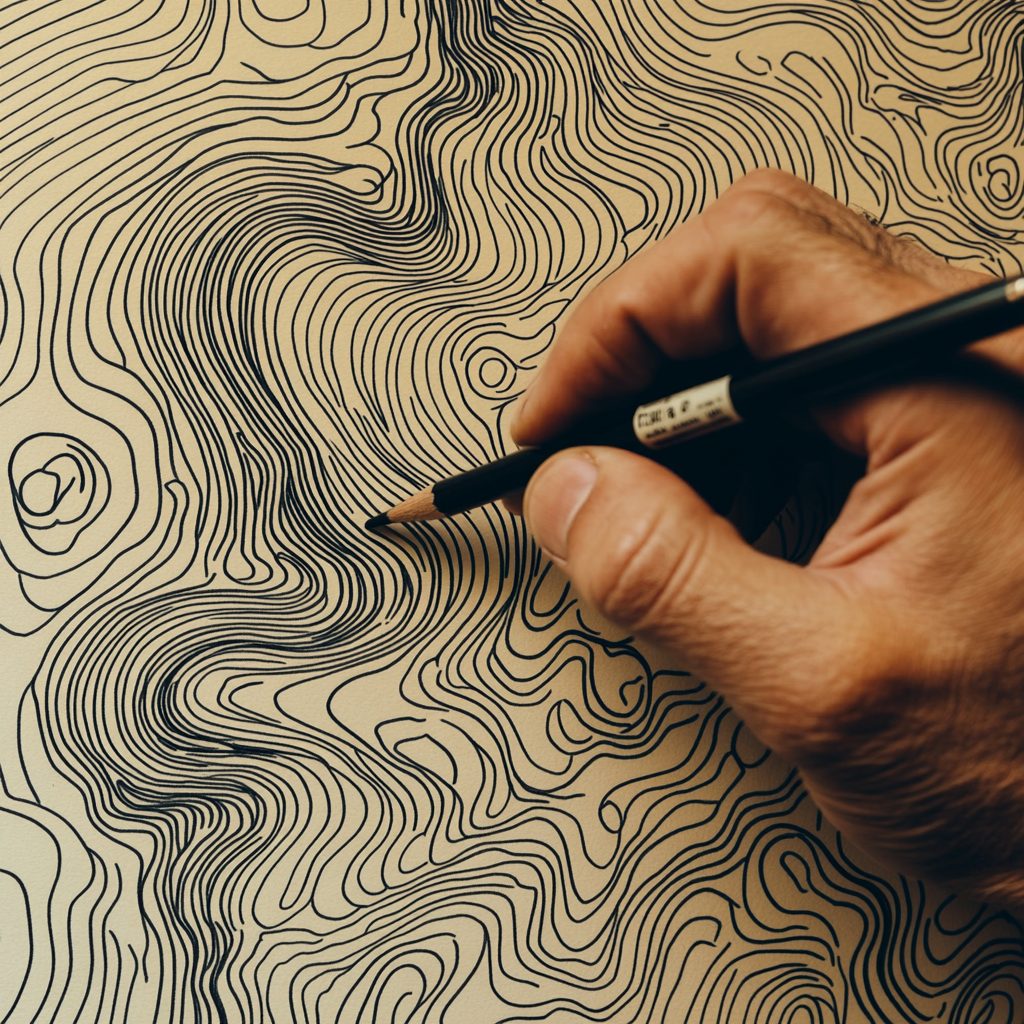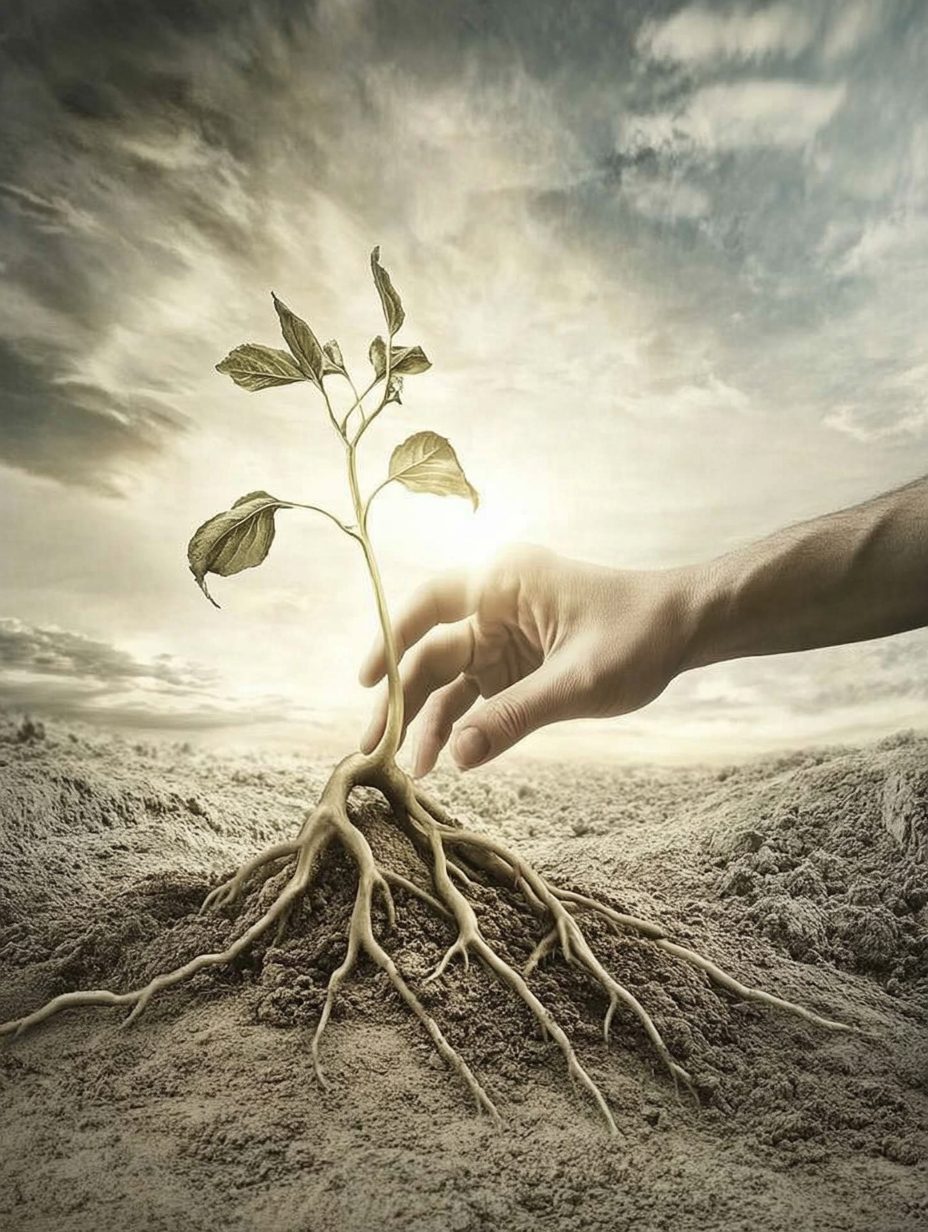Welcome back to Finding Eunoia: A Journey Through Faith, our series exploring the echoes of Eunoia principles across diverse wisdom traditions. Today, we turn our attention to Judaism, a tradition with ancient roots stretching back millennia, yet vibrant and alive in its engagement with the world. Known for its deep emphasis on ethical action, rigorous study, and the strength of community, Judaism offers a rich landscape for considering parallels with the Eunoia framework. How might the practices and core ideas within this enduring faith resonate with the Eunoia ideal of ‘beautiful thinking’ – cultivating a well-ordered mind to live with clarity, purpose, and ethical consideration?
The Pursuit of Understanding: Learning as Beautiful Thinking
A defining characteristic of Jewish tradition is the profound value placed on learning and intellectual engagement. The tradition of Talmud Torah – the study of sacred texts – involves not just passive reception but active questioning, interpretation, and often vigorous debate, famously exemplified by the paired study method known as Havruta. This deep commitment to understanding the nuances of texts, laws, and ethics serves as a powerful discipline for the mind. It finds common ground with the Eunoia definition of beautiful thinking, which emphasizes the cultivation of an inquisitive, well-ordered, and ethically engaged intellect. The rigorous pursuit of understanding through study and dialogue is seen as a path to wisdom, ethical clarity, and a deeper connection to purpose, mirroring Eunoia’s focus on intellectual depth as foundational to navigating life well.
Action & Ethics: Repairing the World (Tikkun Olam)
Judaism is often described as a religion of deed, placing strong emphasis on ethical action in the world. The concept of Mitzvot – often translated as commandments, but also understood as good deeds or sacred obligations – provides a framework for living ethically and purposefully. These actions are not merely suggestions but are seen as essential ways to shape individual character, strengthen community, and honor the divine. This focus culminates in the powerful concept of Tikkun Olam, often interpreted as the human responsibility to “repair the world.” It suggests that through conscious, ethical actions, individuals participate in mending the brokenness of creation and bringing about greater justice and peace. This resonates strongly with Eunoia’s call for purposeful action driven by ethical considerations and the core value of striving to make a positive change in the world.

The Strength of Connection: The Power of Community (Kehilla)
The individual journey in Judaism is almost always situated within the context of community, or Kehilla. From the requirement of a Minyan (a quorum of ten adults) for certain prayers to the web of mutual support and shared responsibility embedded in communal life, connection is central. The Kehilla serves as a space for shared identity, collective worship, learning, celebrating life-cycle events, and supporting members in times of need. This deep emphasis on interwoven lives and collective flourishing directly parallels the Eunoia value of community – the understanding that fostering supportive, inclusive environments where people connect, share experiences, and grow together is fundamental to a well-lived life.
Inner Work: Choice, Return, and the Well-Ordered Mind
Alongside action and community, Jewish tradition delves deeply into the inner life and the challenges of ethical striving. There is a strong assertion of free will – the capacity and responsibility of individuals to make conscious choices. This is often framed through the lens of the Yetzer Hatov and Yetzer Hara, the innate inclinations towards good and towards evil (or self-interest). Navigating life involves acknowledging these internal pulls and consciously choosing the path of good, requiring self-awareness and self-discipline. This internal work resonates with the Eunoia goal of cultivating a well-ordered mind capable of managing impulses and making choices aligned with values. Furthermore, the concept of Teshuvah (often translated as repentance or return) offers a structured path for self-reflection, acknowledging wrongdoing, making amends, and returning to a path of ethical alignment. This cyclical process of introspection and course correction is a powerful engine for personal growth and maintaining ethical integrity, central themes within the Eunoia framework.

Resonances of Purposeful Living
Exploring Judaism through the lens of Eunoia reveals compelling resonances. We see shared emphasis on the importance of deep understanding cultivated through rigorous intellectual engagement, the necessity of ethical action driven by purpose, the foundational strength derived from community, and the crucial role of dedicated inner work involving self-awareness and conscious choice. While Eunoia remains a distinct philosophical framework, finding these parallels within a tradition as rich and enduring as Judaism highlights certain universal human aspirations – the quest for clarity, the drive to live ethically, the need for connection, and the ongoing journey of personal growth. The wisdom embedded in Jewish tradition offers profound insights into what it means to strive for a purposeful, well-examined life.






















